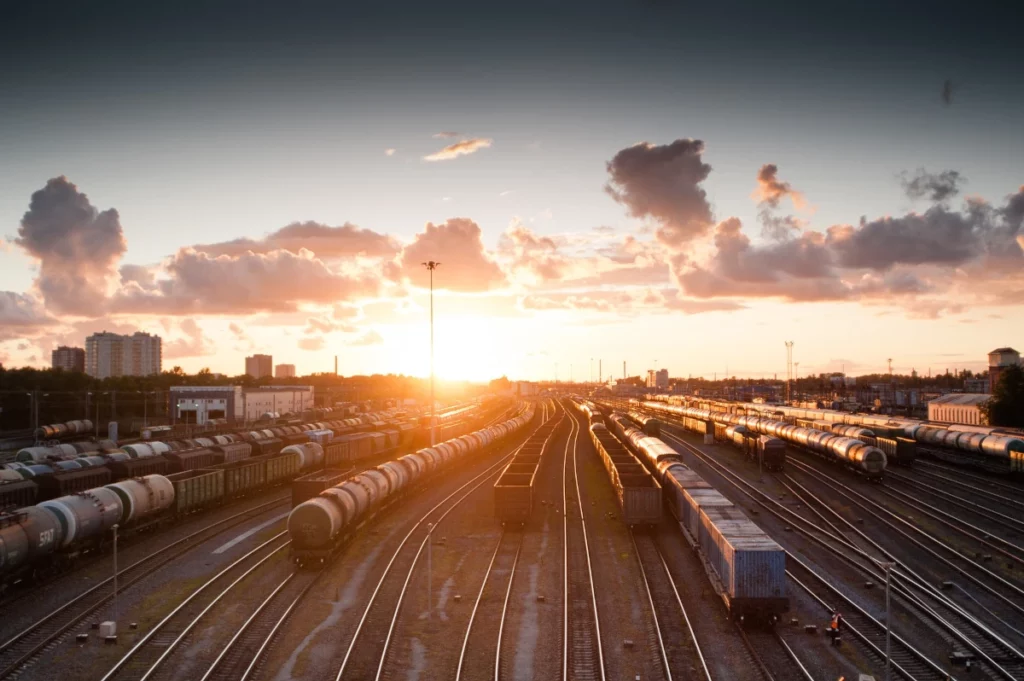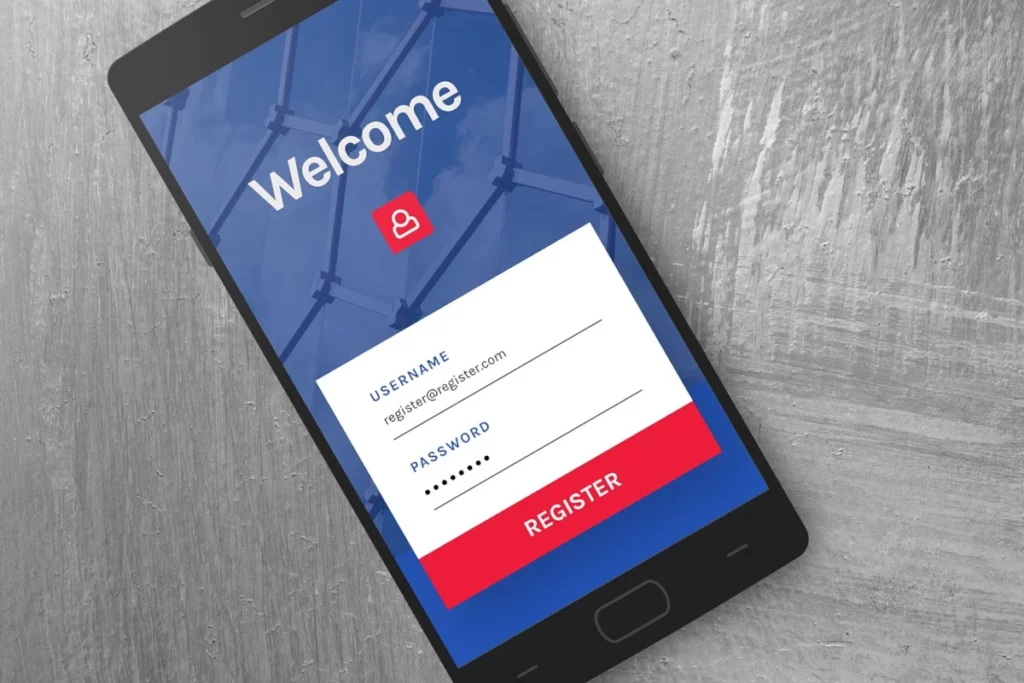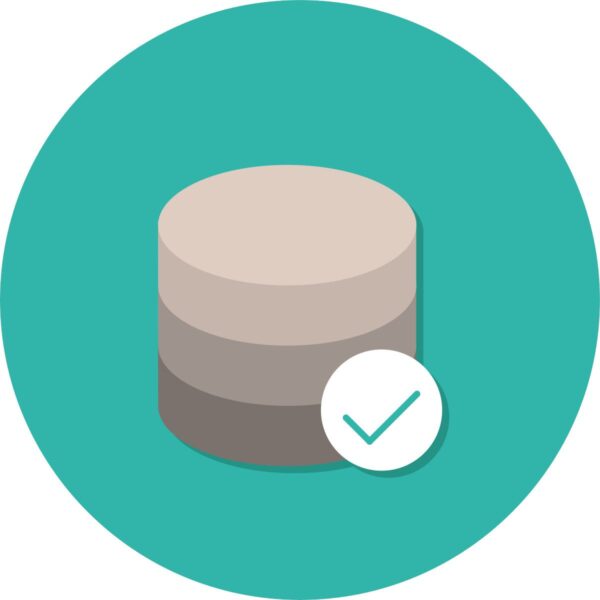How many WordPress plugins are too many? 40? 100? Unfortunately, there are many different things that effect your website’s speed, making the answer more complicated than you might expect. They include:
- Server RAM and CPU
- Number of Plugins Installed
- Slowness of Plugins Installed
- Slowness of Theme Installed
- Website Visitor Count and Server Load
Let’s break that down a bit more, to fully understand what we’re talking about and hopefully come to a solution.
WordPress is Slower on a Slow Server, No Matter How Many, or How Little, Plugins You Have Installed

WordPress is a program that runs on your server. The fact of the matter is, the slower your server is, the slower your WordPress website will be. For example, if you are paying $5 a month for your server and it’s really slow, be aware that a good server (at least 4GB of RAM, and at least 2 CPU cores) can cost you anywhere between $20 and $90 a month. However, be sure to try to speed up your website other ways before you upgrade to a better server. There are websites with low visitors and a few fast plugins that do great with a cheap hosting plan, at least for a while.
Every WordPress Plugin Has the Potential to Slow Down Your Website

How many plugins do you use? 10? 30? 100? Believe it or not, many WordPress websites out there use more than 30 plugins. Most developers will tell you that it’s not so much about how many plugins you use, but how well the plugins you use are designed. While this is true to an extent, every plugin you install has the potential to slow down your website. Keep this in mind when installing new plugins, and looking to remove old ones. Only use what you need.
In addition, don’t forget to remove plugins you no longer need! Trimming down your plugin list is often where a WordPress developer can help. You may have multiple plugins that do the same things in different places. You may even have plugins you don’t use anymore at all. With just an hour or two of work, you may be able to remove some of these unnecessary plugins. If you don’t feel safe managing or deleting your WordPress plugins, ask for help. I am more than willing to quote you a fair price for my services.
Just One Resource-Hogging Plugin Can Slow Down Your Website, No Matter How Many WordPress Plugins You Have Installed

It’s often said that poorly designed plugins can slow down your website. However, “good” plugins can slow down your website too. It is well known, for example, that page builders like Elementor and Divi slow down your website. In fact, many page builders can bring a page’s Google Page Speed score down from about 90 to 80 or even 70, just by being turned on for that page. Another issue many of the most popular plugins suffer from is having too many options. Mark Jaquith suggests too many options can have an impact on the speed of your website, if the plugin developer didn’t handle them correctly. Many developers don’t.
If you are interested in having a faster website, I highly suggest reviewing WPHive’s comparison tool, to compare plugin speeds. For example, here is a comparison between Yoast SEO and Rank Math SEO, two of the most popular SEO plugins for WordPress available. Rank Math is more than twice as fast overall, especially on the front end of the website, which is what effects your customers, and your Google Page Speed rating, the most.
Your Theme’s Speed Affects your Website Speed

Another thing that can slow your website down is a resource hungry theme. Some themes, like Divi and OceanWP, are well-known for slowing down websites. One way to determine just how much your theme may be slowing down your website is to switch the theme temporarily to one of the default themes. The default WordPress themes are relatively fast, so they’re good to use for comparison. Use Google’s free Page Speed tool on your website: once with the theme you usually use installed, and once with one of the default WordPress themes installed. If your page speed score is dropping more than 12 points with your favorite theme installed, it may be time to consider looking for a faster theme.
Visitors and Server Load on Your Website Speed

Many people don’t realize that the more times your website is accessed, the slower your website becomes. Now please understand, I’m talking more about visitors per minute than visitors per day. 100 customers visiting your website in a day is nothing, but 20 customers visiting your website every minute (1,200 customers in an hour) is a lot! In addition, the more customers you have visit your website, the more your website is being visited by automated bots too. Either way, whether customer or bot, each time a page is visited and it’s content is downloaded, your server has to work behind the scenes to serve that content.
No matter how many WordPress plugins you have installed, if you don’t have a lot of visitors and bots accessing your pages, it will seem fast. On the other hand, as you become more popular (a good thing, for sure!) you will see your website speeds get lower and lower. Keep this in mind as you investigate if your website speed issues are because you’ve installed too many plugins or not.
Conclusion

So by now you probably feel like we’ve talked a lot and haven’t even gotten close to an answer you can use. The pragmatic approach to solving your website’s speed issues would be to start with the easiest thing you can do to make your website faster, and work from there.
- First, I suggest check how much RAM and CPU cores your website has access to. Is it less than 4GB of RAM and/or 2 CPU cores? Make a mental note that your server isn’t very fast to begin with.
- Next try changing your theme during a non-peak time, and see how much slower your theme of choice is than the latest default WordPress theme.
- The next step is to do some research on your plugins at WPHive, starting with the ones you expect to be resource hungry first.
- The last thing you can try is to increase the efficiency of your server (try a caching plugin, for example), and block out some of those useless bot visitors.
If all of that sounds like a lot of work, that’s because it is. Like SEO, page speed optimization can be complicated, and usually needs more work over time. The easiest solution is to hire a WordPress specialist, that’s me, to do the work for you. I would be happy to investigate the cause of your trouble and advise you, at my standard hourly fee.
